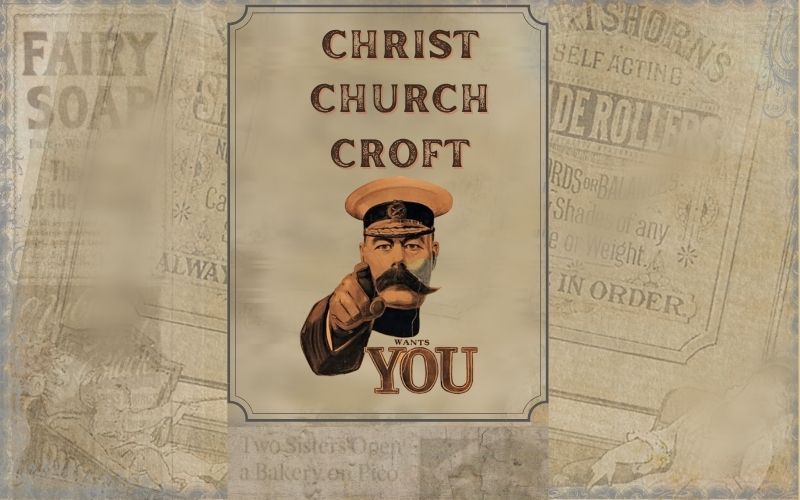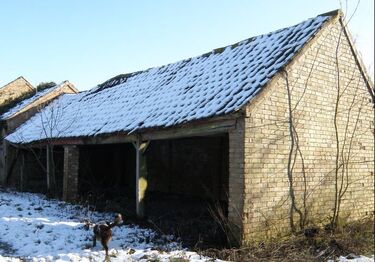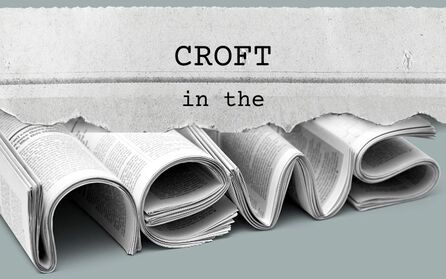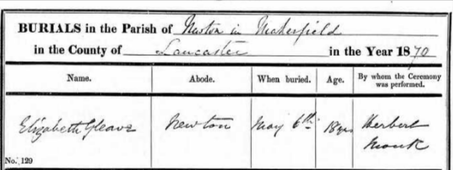|
I recently read an article in The Guardian, which was so thought-provoking, I felt I must share it with the community.
The article was written by Andrew Edwards of Sussex Archaeological Society. I won’t repeat it here in full, but I have picked out the key points: -We must enable communities to engage with heritage sites in ways that protect their own needs. -We must find new ways to open up these spaces, so they remain relevant and serve a purpose. -When a community can engage with these spaces, the whole economy and upkeep of a building improves as a result. -In treasuring the past, we must not forget about the present and the future. The article got me thinking about our parish church, Christ Church. The fact that the building is Grade II listed will not save and preserve it alone. We need to ask ourselves NOW, how do we see our church in thirty or forty years?There are many different answers, but here are 5 possible outcomes:
Obviously, number 1 would be the best possible outcome. The building is still serving its original purpose after 200 years.
This is also highly unlikely. Churches have faced this problem for a long time due to dwindling congregations. To show just how much these figures have decreased, I have used data from the 1851 Religious Census and current figures to produce these statistics. An average of 27% of the occupied households in Southworth with Croft attended this church DAILY in 1851. Number 2 is the most desirable outcome if number 1 isn’t possible. The benefits include: a sustainable future for a valued local heritage asset, new sources of grants and investment capital can be accessed to restore and develop the building, the ability to establish a more enterprising income generating management model that provides a more sustainable solution to future building management and maintenance, Influence on public perceptions, and local pride in their community, Increased community involvement and engagement in their local assets, Stimulating new uses and attracting new audiences to experience and access a local asset. Numbers 3 and 4 are certainly not wanted and number 5 would be devastating. How can the community influence the outcome?We need to look at this in several different ways.
How can we Prevent the unwanted outcomes (3, 4 and 5)? We do not want the building to be demolished. Either of numbers 3 or 4 could also lead to outcome 5. So, why are buildings usually demolished? Age and lack of maintenance – Old buildings have a weak infrastructure, due to the materials used deteriorating in quality over time, and therefore not reaching required health and safety standards anymore. Even if the building looks good, this will not necessarily reflect the quality of the structure. Poor ventilation and plumbing can sometimes be unsolvable without further damage. Money – Having an old building demolished (and rebuilt) will in many cases cost less than maintenance in the long term. Infested with Dangerous Pests or Materials – An abandoned building can become infested beyond repair with pests and toxic materials over time. It is common, especially in old industrial buildings, for toxic substances to fester in the walls, floors and pipework, so often the best option is to demolish it. All of these reasons could be used in the future, without action by ourselves to prevent it. If the active church congregation continues its rapid decline, the unwanted outcomes become much more likely. The church is currently open once a week for a Sunday service. It can’t open much less often than that and continue to be maintained. When the congregations reduce, so do the donations, which is what funds the upkeep of the church. This means that outcomes 1, 3 OR 4 could lead to outcome 5 eventually. (Of course, option 2 could also lead to eventual demolition at some point in the future, nobody knows anything for certain.) We need to ensure that the decisions taken by us now, ensure the best possible chance of preserving our heritage for the future. This includes both thirty years from now and in the longer term, for our descendants to enjoy. How can we achieve either of the desirable outcomes (1 and 2)? This is where YOU (the community) comes in. It would be unrealistic to think that the population will start actively worshipping or in some cases take on a new faith in order to save the building. It would not either be expected for the active church congregation to suddenly stop worshipping. Both the community and the church need each other to actively engage in creating a plan for the future. If this doesn’t happen, the church building and it’s history and heritage will slowly dwindle along with the congregation. I would love to hear ideas and opinions from all sides on how this can be achieved. I long for the day when I am writing a post showing some hope for the future of our local parish church. Liverpool Echo
|
AuthorCheyvonne Bower Archives
July 2024
Categories
All
|





